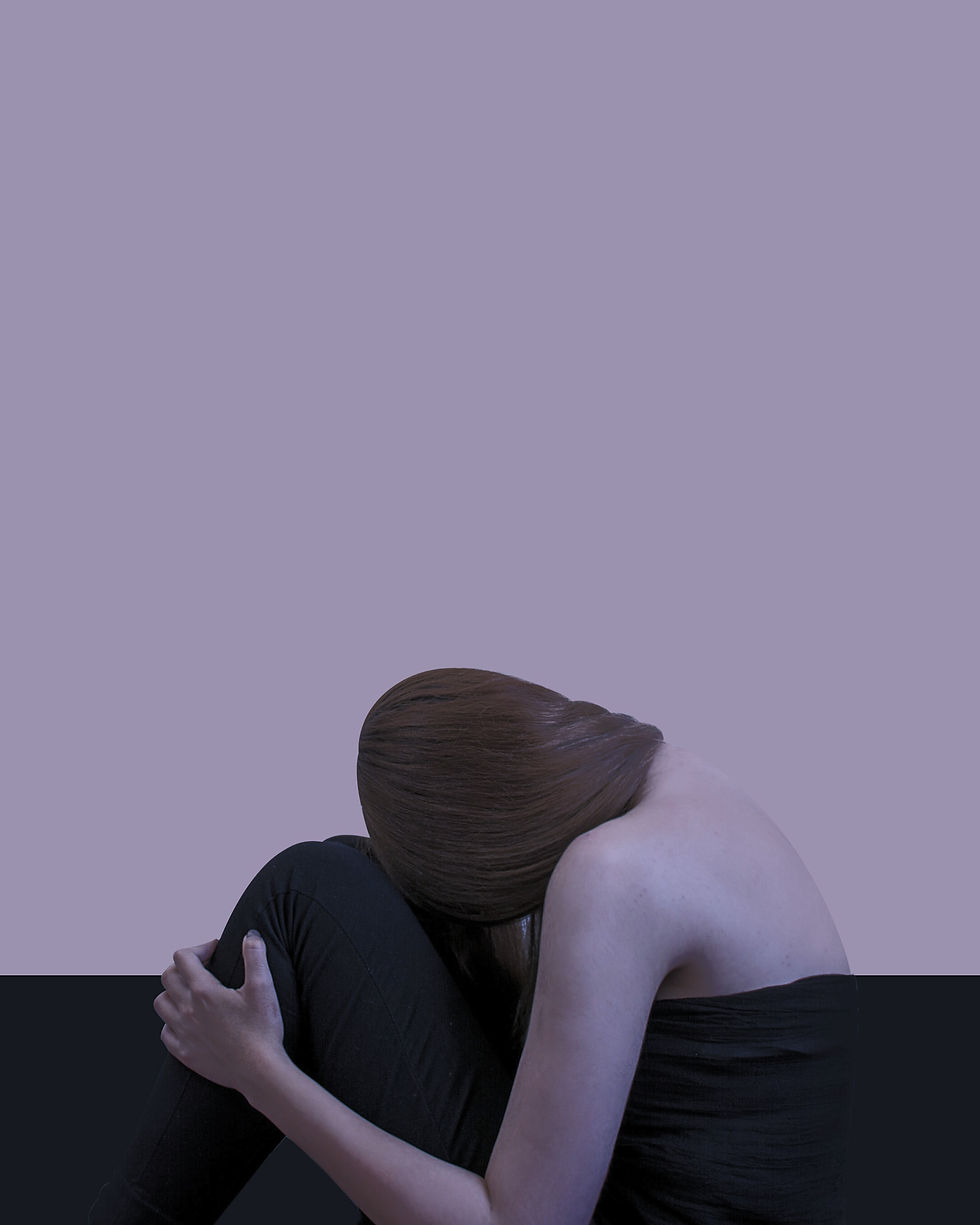Exploring the “After-Sex Blues”:When the Buzz Fades
- Eleni Parisi
- 4 days ago
- 3 min read
You come off a deeply intimate moment, feeling connected—yet what follows is surprising: a wave of irritability, frustration, or even aggression that lingers for hours—or up to a full day. You’re not alone, and there is science behind it.
What’s Going On? The Science of Post-Sex Dysphoria
This phenomenon is known as postcoital dysphoria (PCD) or post-coital tristesse (PCT). Despite the contrast to the pleasure during sex, many people report unexpected negative emotions afterward—like sadness, agitation, or even aggression.

For women: Roughly 46% report experiencing PCD at least once in their lifetime, with 5% reporting it in the past month (PMC, Glamour).
For men: About 41% have experienced it, and 20% reported it in the past month (PubMed, The Guardian).
Symptoms may include tearfulness, mood swings, agitation, frustration—even aggression (Via Medica Journals, Wikipedia, Psych Central).
Why Does This Happen? A Few Theories
Hormonal and Neurochemical Rollercoaster Orgasm floods the brain with dopamine, oxytocin, and endorphins. When the high wears off, a sharp drop—sometimes called an emotional “crash”—can trigger irritability or sadness (Medical News Today, The Times, Psych Central).
Psychological Pain or Unresolved Emotions Moments of intimacy might unintentionally awaken hidden anxiety, insecurity, or past trauma—even if you don’t consciously registered them (WebMD, Psych Central, Glamour).
PCD Exists Across Healthy Relationships PCD isn’t necessarily rooted in relationship conflict. Research consistently finds no strong link to intimacy or relationship quality (PMC, Wikipedia, Glamour).
Rare but Related ConditionsThere are rarer syndromes like Postorgasmic Illness Syndrome (POIS) that involve intense physical and mood symptoms lasting for days—but these are less common and often physiological in nature (Wikipedia).
Voices from Real People
“There is nothing to restrain or control it...”— Reddit user describing sudden aggression tied to hormonal upheaval after orgasm (Reddit).
“I feel unsatisfied, annoyed and very fidgety…”— Participant in a survey on male experiences of post-sex mood shifts (British Psychological Society).
What Can You Do (or Suggest)?
Self-care and Awareness
Acknowledge and journal your feelings instead of pushing them away—self-compassion matters (BetterHelp).
Mindfulness routines, deep breathing, walks, or rituals like a quiet shower or journaling can help the emotional shift feel less jarring (BetterHelp, The Guardian).
Communication with Your Partner
Sharing these reactions can be tough—but openness helps. Your partner may worry it reflects on them when, in fact, it’s a physiological emotional ebb (The Guardian, BetterHelp).
Professional Help (If Needed)
Therapy options include psychosexual therapy, trauma-focused techniques (like EMDR), or couples counseling to explore any underlying emotional triggers (yourlocalpsychiatrist.nyc).
In Conclusion
Feeling emotionally volatile—down, irritated, or strangely reactive—after sex isn’t superficial or isolated. It’s something that affects a significant portion of people, regardless of gender or relationship health. It’s called PCD, and while it isn’t fully understood, researchers point to biochemical shifts and emotional processing as key factors.
Just breathe a sigh of relief knowing you're not alone—and that there’s a name, and coping tools, for what you're feeling.
References
Schweitzer et al. (2015) – Survey of female students: 46% lifetime, 5.1% recent PCD (PMC, PubMed).
Maczkowiack & Schweitzer (2019) – Males: 41% lifetime, 20% recent PCD (PubMed, Taylor & Francis Online, British Psychological Society).
Guardian summary (2024) – Reaffirms prevalence and impact, highlights emotional symptoms and coping (The Guardian).
MedicalNewsToday (2019) – Hormonal drops, mental health links (Medical News Today).
WebMD overview (2023) – Symptoms include aggression; links to trauma, anxiety, hormone shifts (WebMD).
PsychCentral (2025) & BetterHelp advice – Detailed symptom list and self-care strategies (Psych Central, BetterHelp).
POIS context via Wikipedia – Rare physiological syndrome, distinct from PCD (
).







Comments